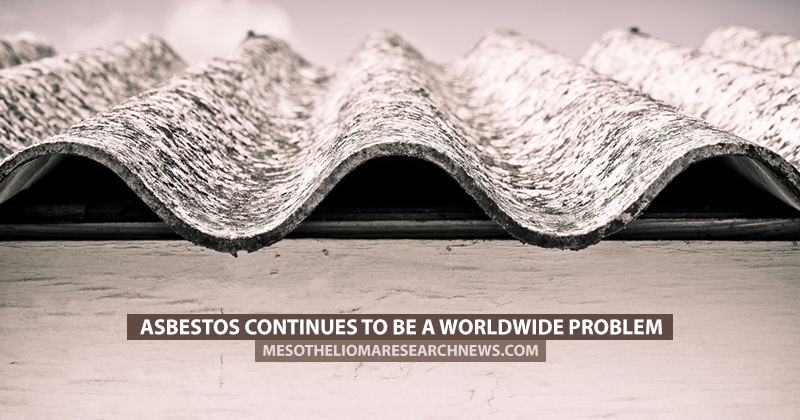Although more than 50 countries across the globe have banned the use of asbestos, the U.S. and Canada still allow asbestos to be used when producing certain products—in particular, automobile parts, and construction and insulation products.
Found out more about 11 asbestos-related diseases.
The pressure is now on for both countries to completely ban the use of asbestos as the health hazards of this toxic material are becoming more well known. Because some asbestos-related conditions such as mesothelioma don’t present any symptoms for between 30 and 50 years, it’s believed the world is sitting on a disease time bomb as more and more people start to become ill from asbestos exposure in their childhood or early adulthood.
Currently, more than 100,000 people worldwide die each year from asbestos-related diseases. Workers in manufacturing and construction industries are most at risk, but their families are also at risk, as they may have breathed in the airborne particles of asbestos lurking on work clothes or in work vehicles.
In addition to the U.S. and Canada, there are many Asian and South American countries where the use of asbestos is still widespread with little regard to the safety of those who have to handle the material. It’s thought that there are more than 100 countries where the use of asbestos is still legal despite attempts for a worldwide ban on the substance.
Under the Toxic Substances Control Act brought into power in 1989, the U.S. banned many uses of asbestos. Asbestos is not allowed in the manufacturing of products where it hasn’t historically been used, but the list of items where asbestos can still be found is fairly extensive and contains items found in homes and offices. Source US EPA. Find out more about this story.
This documentary shows how the worldwide asbestos industry is still thriving.
Mesothelioma Research News is strictly a news and information website about the disease. It does not provide medical advice, diagnosis or treatment. This content is not intended to be a substitute for professional medical advice, diagnosis, or treatment. Always seek the advice of your physician or another qualified health provider with any questions you may have regarding a medical condition. Never disregard professional medical advice or delay in seeking it because of something you have read on this website.


